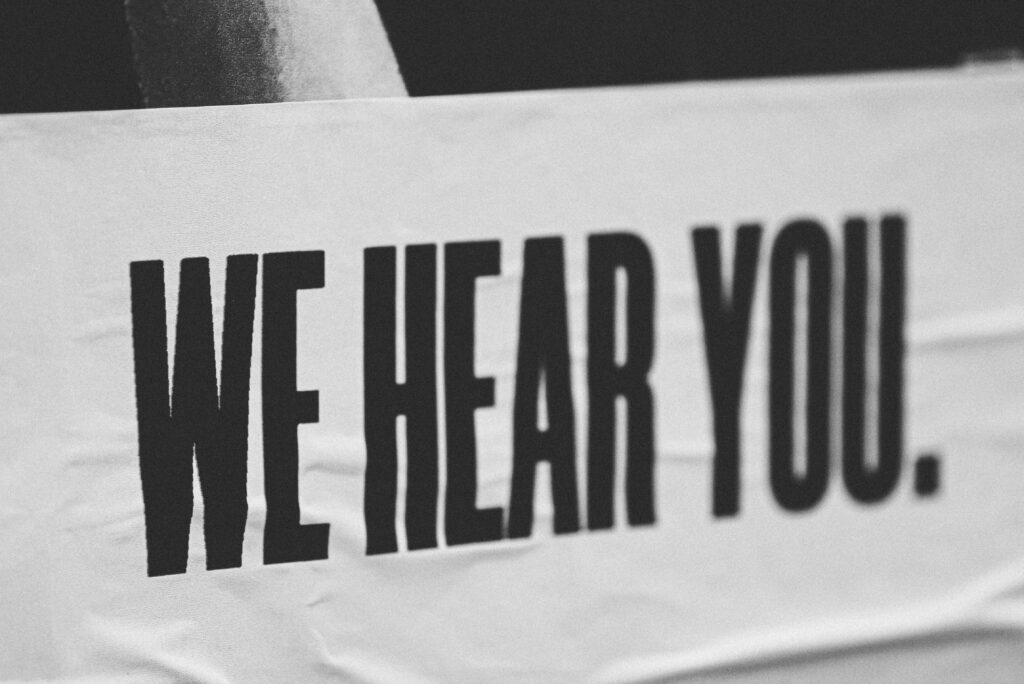If you’re managing rental housing, you definitely understand how important feedback and reviews are for your business.
Simply put: The more reviews you have (and particularly, the more positive reviews), the more bookings you get.
No one wants to stay at a new property with 0 reviews—why play the role of the guinea pig? And the same goes with properties that have mediocre reviews—unless it’s exceptionally cheaper, or has something else that’s a massive pull factor, guests are always going to choose to stay somewhere with better reviews instead.
That aside, getting feedback from your guests can also help you improve your guest experience. That should also (indirectly) contribute to more bookings.

In this article, we walk you through how to collect feedback and reviews for rental housing, and improve guest satisfaction based on that. Read on to find out more!
Collecting feedback: How much feedback is enough?
You’ll want to collect a sizeable amount of feedback and/or reviews before you start making changes based on what the guests are saying.
There’s no hard and fast rule, but we’d say if you have feedback from 50 or more guests, that’s a pretty decent number to start off with.
What’s the rationale behind this? Well, reviews are always subjective, and your guests might not always have the same views. For example, your first 5 guests who leave you feedback might say that the appliances provided with your rental housing are inadequate, but the next 20 guests might tell you that they’re happy with the appliances.
So before you rush to switch things up based on your guests’ opinions, make sure you have enough reviews to draw from. The law of large numbers come into play here – you can understand your guests’ views more accurately and spot any outliers if you have more feedback/reviews to look through!
Collecting informal feedback from your guests
There are two main ways in which you can collect feedback for your rental housing: formally or informally.
Informal feedback is basically anything that your renter directly communicates to you, outside of official reviews. This type of feedback tends to skew negative—your renter is more likely to get in touch with you to ask questions and ask for troubleshooting help, but they might not randomly text you to tell you that they appreciate XYZ about your rental property.
How do you collect as much informal feedback as possible? Simple—make it easy for your renter to reach out to you (some folks might prefer calling you, others might prefer texting or emailing), and always be receptive to their feedback.
This doesn’t necessarily mean that you have to solve all their problems and give them everything they ask for (you might not have the power to do this!) However, you should communicate openly and honestly with them, make sure you follow up with questions instead of leaving them unanswered, and try and offer alternative solutions if you’re unable to fulfill their original request.
Collecting reviews from your guests
Informal feedback aside, you have formal feedback, aka reviews.
To collect more reviews from your guests, here’s what you can do:
- Ask at the right time—your guest is more likely to review your property once they’ve settled in and gotten to know the property better. There’s no point in asking for a review immediately after they’ve collected their keys.
- Make it easy for your guests to leave a review—instead of giving your guests a long URL that they need to type into their phone, give them a short link that’s easier to type in, or allow them to scan a QR code that will redirect them to the right page. You can create short links with tools like Bitly.
- Incentivize reviews with a small token—You can always sweeten the deal and provide more incentives for guests to leave a review by giving them a small token of your appreciation. For example, you may waive the cleaning fee for a week, or give them a free bottle of wine when they write you a review.
How feedback and reviews go hand-in-hand
At this point, you might be wondering: should I collect both informal feedback and reviews? Which is more important?
The answer is: both!
Both of these are important for rental businesses, and you should use them hand-in-hand.
Here’s the main difference in informal feedback and reviews: your guests are likely to provide you with informal feedback on an ongoing basis (assuming you cultivate a good relationship with them, and you’re receptive to their feedback). But with reviews, guests are likely to only review a place once during a single stay.
With this in mind, the housing manager or the rental property manager should regularly check in with guests and collect as much informal feedback as possible. Throughout a guest’s stay, they should aim to be as helpful as possible and resolve as many issues as possible, so when it comes time for the guest to write a review, they write a positive one and leave on a good note.
And what’s more—once the stay comes to an end, a feedback survey asking for guests to share their opinions can help a lot! Not only can it shed light on critical concerns (and USPs) of your property, but show guests that you truly care about their experience and are looking to improve. Not sure about all the questions to ask? We’ve designed a great template to get you started!
How to use feedback as a tool to improve guest satisfaction
Now that you know how to collect feedback and reviews and how these complement each other, the last piece of the puzzle is using the feedback you’ve obtained to improve guest satisfaction.
How do you do this? It’s not as easy as simply implementing anything your guests ask for—you’ll need to evaluate the feedback you’ve received, list out possible solutions, then do a cost-benefit analysis to figure out what makes the most sense to implement.
For example, say your guests are complaining about the walls in the rental house being too thin. It annoys them that they can always hear the neighbors. Here’s what you should do:
- Assign the problem an ‘impact’ score from 1-10, based on how painful it is for your guests. Problems with a score of 1 are the least painful—it’s good if you can fix them, but if not, they won’t have a major impact on your guests’ experience. Problems with a score of 10 are the most painful—it’s crucial that you fix them, and if you don’t, they will severely impact your guest experience and likely net you negative online reviews.
- Come up with a list of possible solutions for the problem.
- Evaluate each solution based on how easy the fix is, and the effectiveness of the fix. Solutions with a score of 1 are difficult to implement (they might be costly, or take a lot of time and energy). Solutions with a score of 10 are easy fixes—you can get these settled without much effort. The same logic applies for effectiveness.
Once you’ve done this, it’ll be easy for you to prioritize the feedback that you receive and choose which problems you want to (and need to) tackle first.
You’ll want to choose the high impact problems to start with (problems that are a 10), and further prioritize the problems by how easy they are to fix. For example, if you have 3 high impact problems, start with the problem which has an easy fix so that you can get a quick win and earn some goodwill with your guests.
A final word on using feedback to improve guest satisfaction
For folks in the rental housing industry, feedback plays an important role in allowing your business to survive and thrive.
Don’t think of feedback as a one-off thing—you should make it a habit to constantly collect feedback so that you can build a great rapport with your guests and make their stay a good one. This also increases the chances of good review at the end of every stay.
Moreover, make sure you’re selective in evaluating feedback and solving the right problems. You won’t be able to address all the feedback you receive and give your guests everything they ask for, so it’s important to prioritize and tackle the important problems.
And finally, when it comes to customer complaints, it’s important to be prompt—especially in a service-oriented business in which timeliness is key. So having experience management solutions can be a great asset. For example, while sending out automated surveys at exactly the right time can improve customer insight, responding to complaints speedily can also improve customer satisfaction! That’s why we not only offer SogoCX, but also SogoConnect—an integrated ticketing platform that enables you to rapidly address customer concerns!
Are you ready to get started in improving your guest experience? Let’s connect! We’d love to show you how we can make a difference for you!








